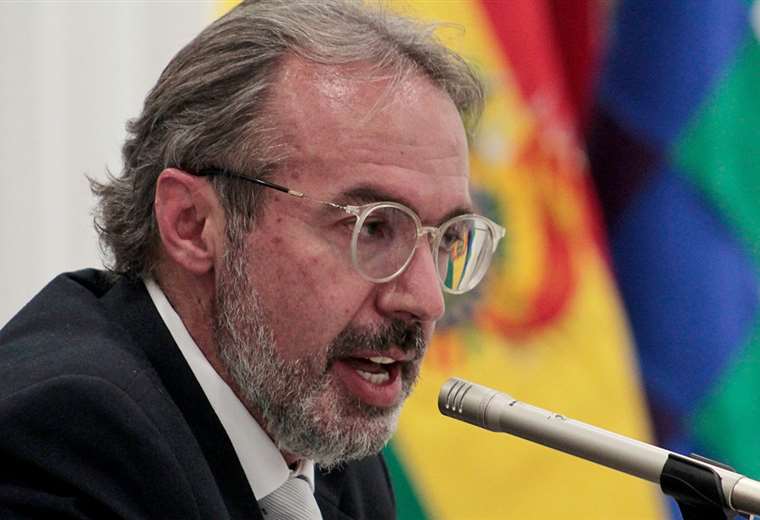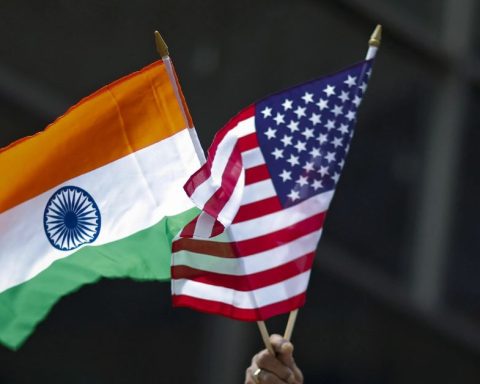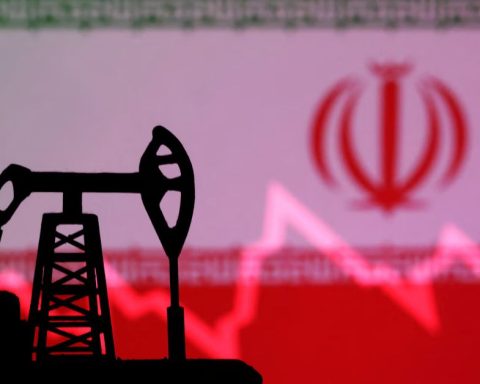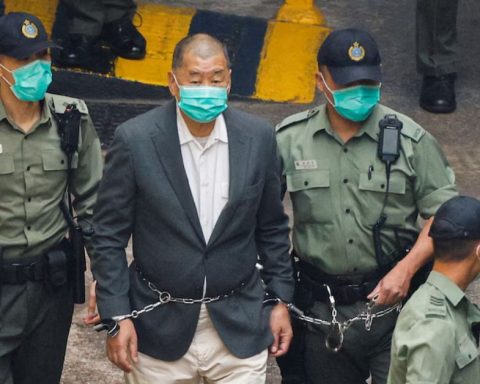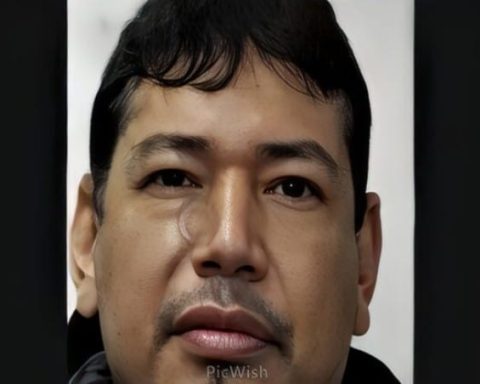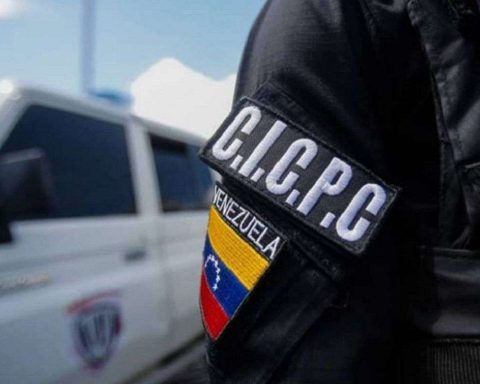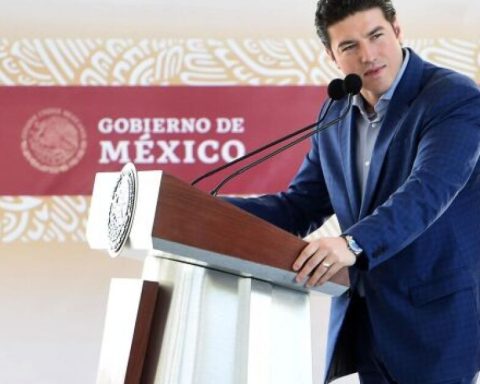July 17, 2022, 18:48 PM
July 17, 2022, 18:48 PM
Bolivia said that prepares to respond to international arbitration ruling ordering it to indemnify the Spanish bank BBVA with US$105 million for the nationalization, in 2009, of the pension administrator Previsión, which it managed.
“The Bolivian State must continue with its defense so that our arguments and the evidence presented can be taken” Before the International Center for the Settlement of Investment Disputes (ICSID), Presidential spokesman Jorge Richter declared this Sunday.
Thus, he supported a statement from the State Attorney’s Office that indicated that “competent entities coordinate defense actions in the next stage of the process in international instances; considering that this ruling did not take into account our arguments and evidence in an appropriate manner”.
The ruling, which was made known on July 12, is the result of the arbitration process initiated by Banco Bilbao Vizcaya Argentaria (BBVA) against the Bolivian State in 2018 after no agreement was reached on the valuation of the business.
In 1997, the Spanish entity incorporated the company BBVA Previsión AFP SA in Bolivia with a majority shareholding. That pension fund manager was nationalized in 2009.
The ICSID, dependent on the World Bank, argued that Bolivia violated the Agreement for the Reciprocal Promotion and Protection of Investments signed with Spain “by not granting a fair and equitable treatment to the investment” and adopt “arbitrary measures that hindered” it.
For this reason, it ordered the payment of 94.8 million dollars in compensation and 10.2 million dollars in interest.
The agency also ratified its jurisdiction to deal with the matter despite the objection raised by the Bolivian Governmentoy granted a term of one year to proceed with the payment.
BBVA argued that the transition process for the nationalization of pensions was “chaotic and generated legal uncertainty”also denouncing that he was the object of “a campaign of harassment” by Bolivia.
During the first years of his government, former leftist president Evo Morales (2006-2019) faced a series of nationalizations that involved sectors of the hydrocarbons, telecommunications, mining and pensionsconsidered strategic for the economy.
